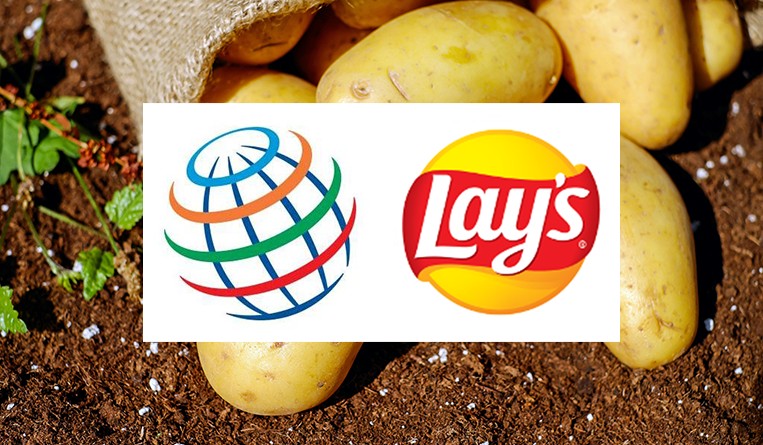Of potato chips and PepsiCo: Peeling the layers of issues involved
16 February 2024

Photo: Facebook@PepsiCo, Lay's

Ranjna Mehta-Dutt, Partner, Remfry & Sagar, Gurugram
On January 9, 2024, India’s Delhi High Court reversed a July 5, 2023 ruling that dismissed PepsiCo’s appeal to reverse an earlier decision that took away the American snack manufacturer’s protection for its potato plant variety FL 2027, commercially known as FC5. This variety has lower moisture and sugar content, making it ideal for potato chip production. PepsiCo uses FC5 to produce potato chips under its globally popular Lay’s brand.
PepsiCo applied to register FL 2027 in India on February 18, 2011, initially misclassifying the variety under the ‘new variety’ category instead of ‘extant variety’ at the Protection of Plant Varieties & Farmers’ Rights (PPVFR) Authority. “Regardless, the registrar proceeded to register FL 2027 as an ‘extant variety’ on a due consideration of the revised application and declaration filed by PepsiCo,” said Ranjna Mehta-Dutt, a partner at Remfry & Sagar in Gurugram. PepsiCo’s potato plant variety was registered in 2016 for 15 years under the Protection of Plant Varieties and Farmers’ Rights Act, 2001.
However, legal challenges arose when PepsiCo filed a lawsuit against nine farmers from Gujarat in 2019 for alleged plant variety infringement. Seeking over 10 million rupees (US$120,460) each, PepsiCo claimed they were not part of the contract farming arrangement it had entered into with farmers in India for FL 2027.
Following a wave of backlash and resistance from farmer groups, PepsiCo withdrew the lawsuit by the end of 2019, opting for an amicable resolution. Nevertheless, farmers’ rights advocate Kavitha Kuruganti filed an application under Section 34 of the Plant Variety Act before the PPVFR Authority. She sought the revocation of the IP protection granted to FL 2027, citing discrepancies in the patent application process and alleging deliberate misinformation by PepsiCo.
On December 3, 2021, the PPVFR Authority revoked the Plant Variety Protection Certificate for FL 2027, prompting PepsiCo to appeal the decision before the Delhi High Court. However, the appeal was dismissed in July 2023, mainly on the following grounds:
- Submission of incorrect information relating to the date of the first commercial sale of the potato plant variety; and
- Submission of incorrect and inadequate documentation at the time of applying the registration.
After PepsiCo filed another appeal before the Division Bench (DB), the DB overturned the decision for dismissal, citing specific grounds related to the application process and the timing of the first commercial sale. According to Mehta-Dutt, the DB observed that Section 34 of the act clarifies the scope and conditions for revocation, which are invoked when the grant is unaffected by patent invalidity or ineligibility.
“The DB concurred with the finding of the single judge that opting the candidate variety as ‘new’ was remediable and that the registration was not liable to be revoked on this ground, especially since the Registrar itself had decided to process the same under ‘extant variety,’” she added.
Addressing the issue connecting the date of the first sale, the DB held that PepsiCo would not gain any advantage by declaring December 17, 2009, the date of the first sale. Mehta-Dutt clarified that specifying the date, whether based on commercialization in Chile or India, did not affect PepsiCo’s right to apply under the act. Records indicate October 28, 2002, as the date of the first sale in Chile, as previously stated by Kuruganti.
The DB affirmed PepsiCo’s right to apply for registration under the ‘extant’ variety within 15 years from the date of the first sale. “The application as ultimately made would thus be within the 15-year time period, be it computed from October 28, 2002, or December 17, 2009,” noted Mehta-Dutt.
Moreover, the DB pointed out that the mere filing of a lawsuit against the farmers did not imply intimidation by PepsiCo.
- Espie Angelica A. de Leon






